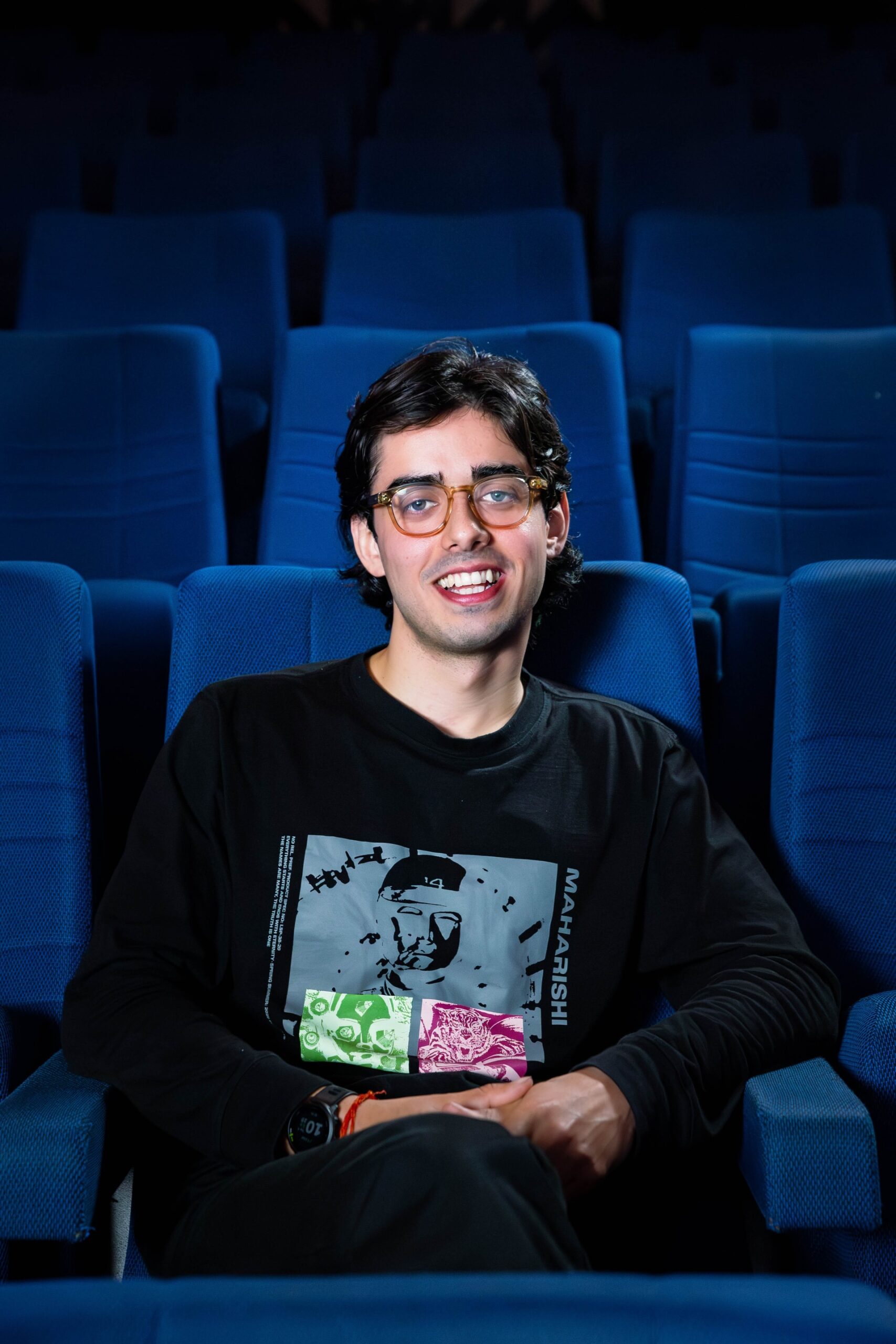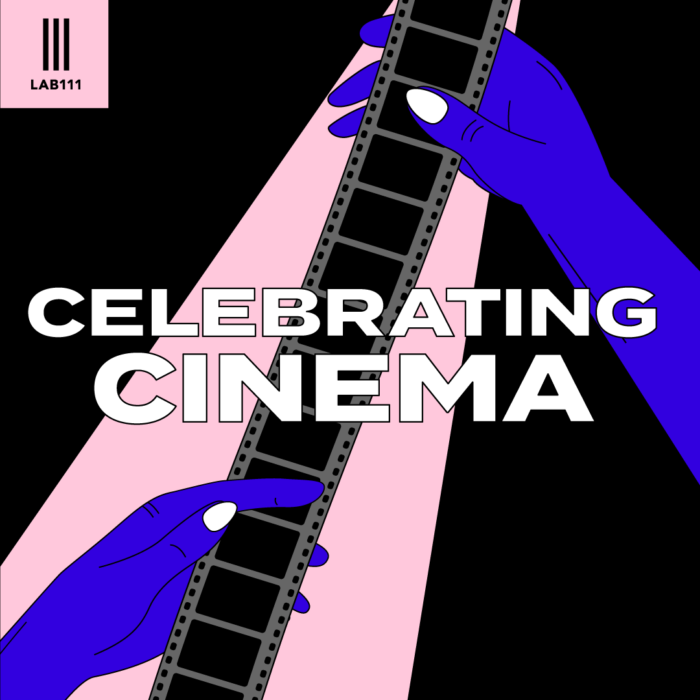Movies have always been a way to understand the world around us, and so, confronted with the brutal horrors of both Hamas’s attacks on October 7th and Israel’s disproportionate slaughtering of thousands of innocent Palestinian civilians, we question if cinema can try to make sense of such atrocities.
For this episode of Celebrating Cinema, we focus on Gillo Pontecorvo’s seminal classic The Battle of Algiers, a brutally candid exposé of the French colonial mindset, which recounts a similar bloody struggle for the liberation of the Algerian people in the 1950s. Ultimately, this film both humanises and complicates the reality of violence between the oppressor and the oppressed.
As we discuss public oppression, organised resistance, how violence begets violence, as well as the media’s power in ‘selling’ a colonial occupation and the consequences for the civilian people caught in the middle of all this. But most importantly we focus on how a film like The Battle Of Algiers can offer hope for freedom in these tragic times.
Show notes
- Spike Lee, Mira Nair, and Steven Soderbergh on The Battle of Algiers | Criterion Collection
- Mark Kermode reviews The Battle of Algiers (1966) | BFI Player
- An Excerpt from Marxist Poetry: The Making of THE BATTLE OF ALGIERS | Criterion Collection
Films mentioned
(click on the links for tickets to screenings at LAB111)
- The Battle of Algiers (Gillo Pontecorvo, 1966)
- Time (Garrett Bradley, 2020)
- Killers of a Flower Moon (Martin Scorsese, 2023)
- Grave of the Fireflies (Isao Takahata, 1988)
- Nausicaä of the Valley of the Wind (Hayao Miyazaki, 1984)
- Castle in the Sky (Hayao Miyazaki, 1986)
- Bicycle Thieves (Vittorio De Sica, 1948)
- Rome Open City (Roberto Rossellini, 1945)
- Five Broken Cameras (Emad Burnat & Guy Davidi, 2011)
- Soy Cuba (Mikhail Kalatozov, 1964)
- Occupied City (Steve McQueen, 2023)
- Come and See (Elem Klimov, 1985)
- What the Soil Remembers (José Cardoso, 2023)
Our hosts




